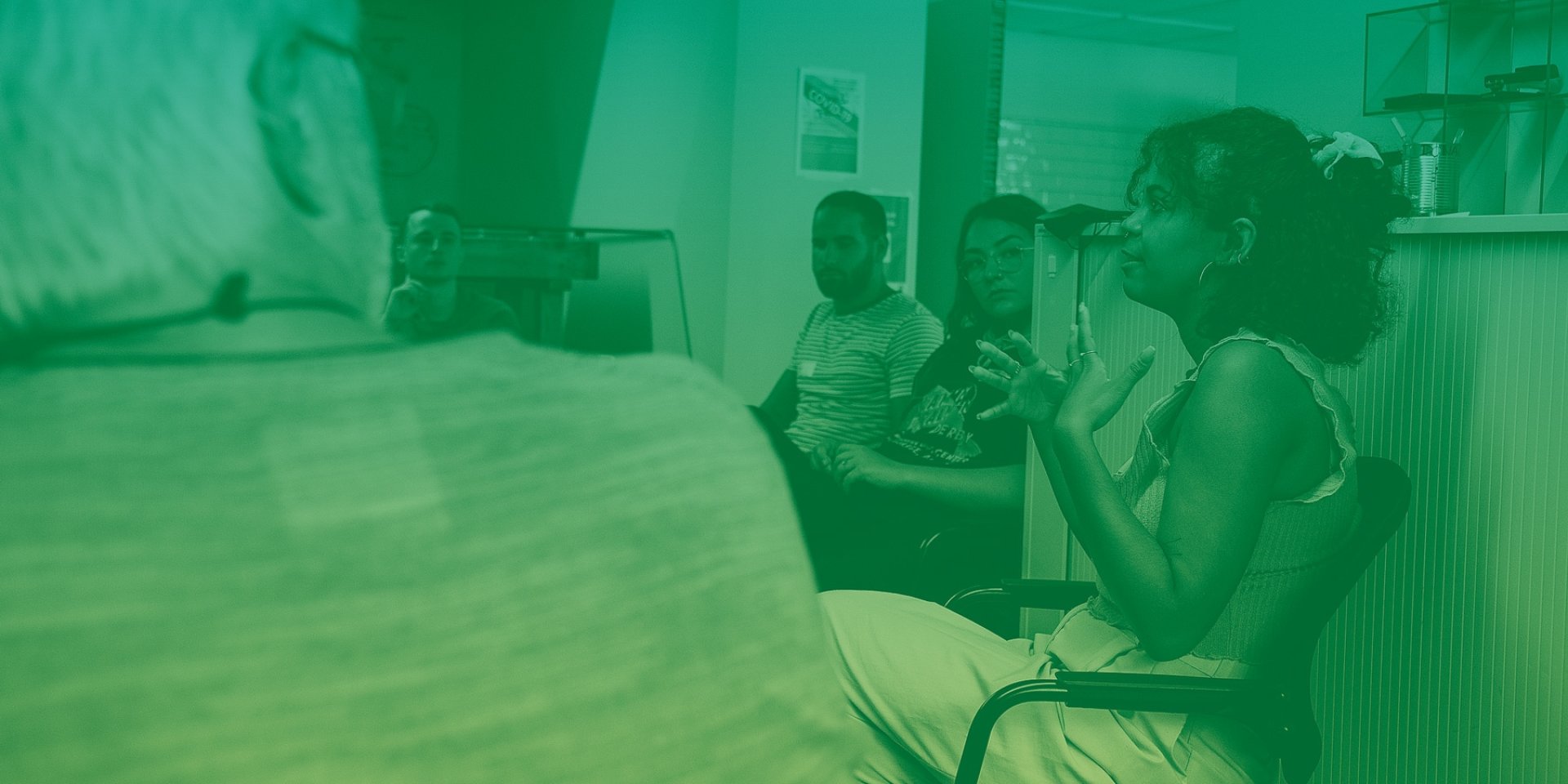Tracing Syrian Refugee Return Dynamics across South/North Divides: The Interrelatedness of European Repatriation Decisions and Regional (Non-)Refoulement


The war in Syria, which has displaced more than half of the country’s population, has entered a second decade. Despite continued political instability and violence, Syrian refugees are facing mounting pressure to return, including from regional host countries and from EU member states where increasingly repressive migration policies make living difficult for refugees. In theory, hosting states are bound to protect refugees against refoulement, namely a principle of international law that prohibits states from returning individuals to conditions where they would face torture or inhuman and degrading treatment. Nevertheless, research has shown that decisions to return Syrian refugees are heavily influenced by political considerations, including international diplomatic relations, and domestic politics. However, little is known about how states’ return decisions are impacted by such political dynamics – especially across regions.
This multidisciplinary project examines the connections between European return decisions, in particular Denmark’s decision to withdraw protection for Syrian refugees, and refugee return dynamics in Jordan and Lebanon, two major regional host countries. It addresses the following questions:
Methodologically, the project draws on legal and document analysis, and interviews with policymakers and diplomatic actors in Denmark, Lebanon, Jordan and on the EU level. Throughout the research, we work collaboratively with civil society organizations supporting refugees in the selected countries.
The project will generate knowledge about the return of Syrian refugees at the local, state and global level. Close collaboration with civil society organisations working to support refugees will ensure that the project yields useful conclusions for local practitioners – and for those refugees directly impacted by return decisions. Beyond the case of Syrian refugees, the project will produce important insights into how refugee protection is weighed against states’ political interest in the swift return of refugees in the aftermath of war. This has implications for millions of people seeking shelter in a world on the move.
Project managers:
Staff members:
Partners:
